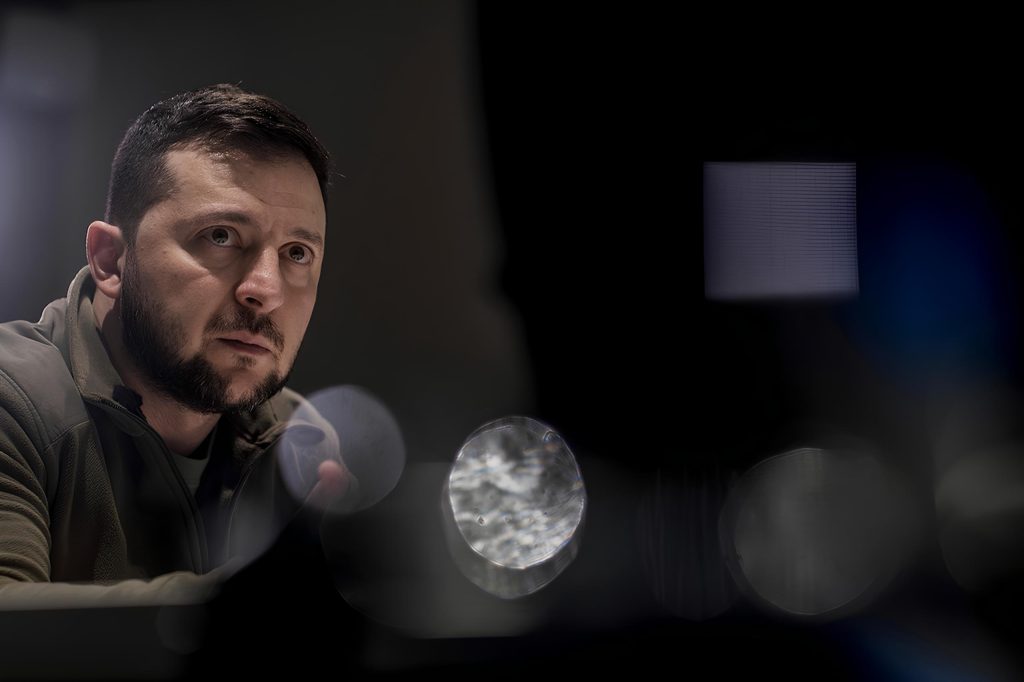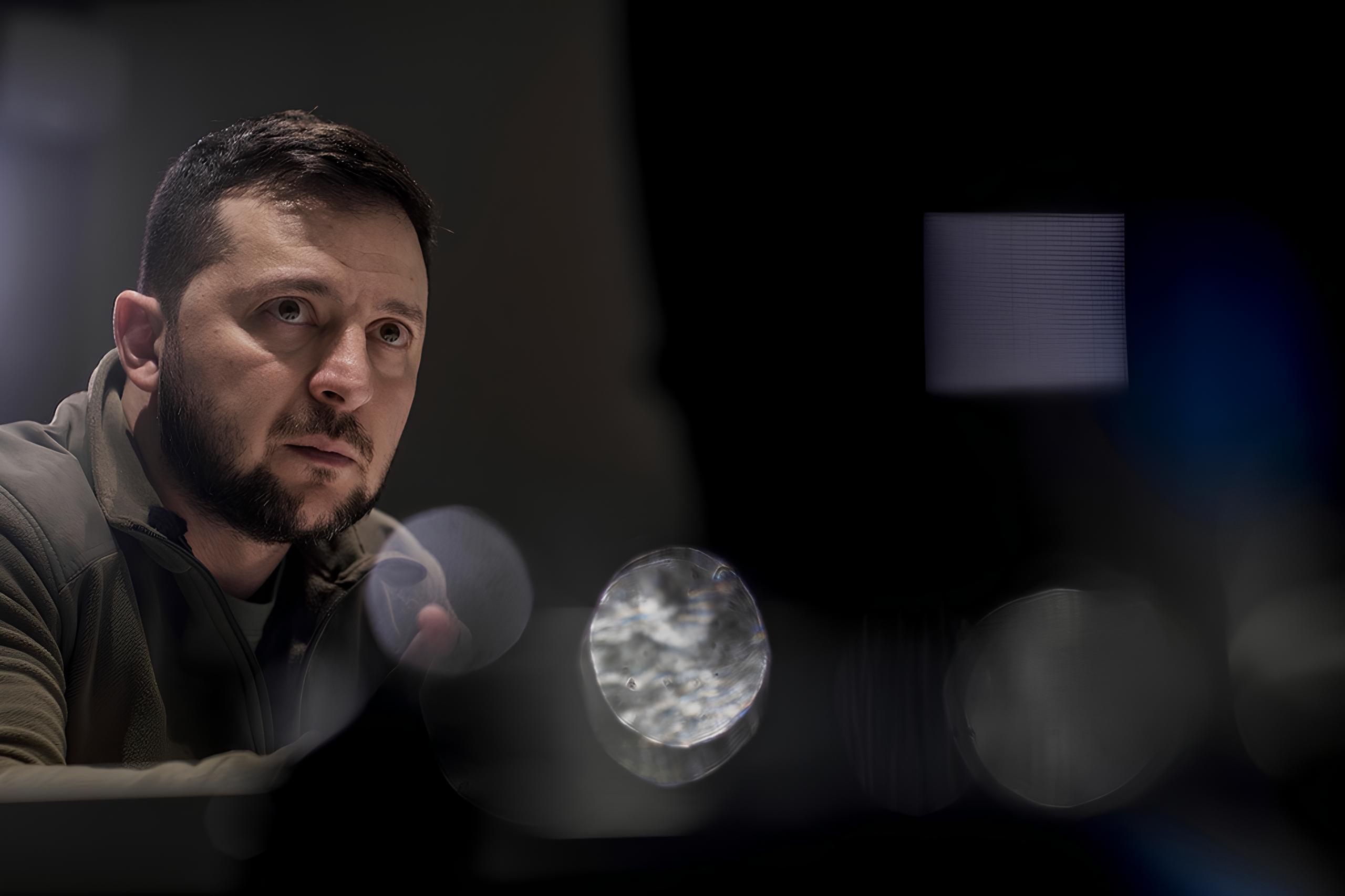








EU, NATO navigate aid disputes, US Republicans resist. Zelensky’s army chief decision adds tension. Putin bets on Western support erosion to achieve goals in Ukraine. 2024 question: Can Allies defy Putin and stand with Ukraine?


Welcome back to Europe Brief, where we take a look at the evolving dynamics in Europe. Today, we delve into the EU and NATO’s challenges in supporting Ukraine amid internal dissent and US Republican resistance. Tensions rise with Zelensky’s army chief decision, while Putin strategically anticipates Western support erosion. In 2024, the pivotal question persists: Can Allies defy Putin and stand firmly with Ukraine?
The most important and controversial issue in Europe right now is the EU’s and NATO’s continued support of Ukraine’s war effort against the Russian aggression that began almost two years ago. EU leaders were able to recently renew their aid package to Kyiv, despite opposition by Hungary’s Viktor Orban, an authoritarian leader with close ties to President Vladimir Putin of Russia.
In the US, President’s Joe Biden’s attempts to renew aid for Ukraine is meeting resistance both in Republican-dominated House of Representatives, and in the Republican Party’s presumptive Presidential nominee in the November 2024 elections, Donald Trump, who insists the EU is not pulling its weight and should contribute the same amount in aid to the Ukraine as does the US. Meanwhile, rumours are rife in Kyiv the President Volodymyr Zelensky is about to fire his popular army chief, Valery Zaluzhny, who stated recently that the war against Russia has reached a stalemate and whom the Ukrainian President holds responsible for the failure of Ukraine’s counteroffensive against Russia in 2023.
These internal and inter-alliance divisions within and between countries on both sides of the Atlantic Ocean regarding their continuing support for Ukraine is exactly what President Putin is counting on. He based his entire offensive against Kyiv on his belief that the Western support of the Ukrainian war effort will eventually collapse due to internal political pressures regarding its significant financial cost and potential to unleash a ‘hot’ (potentially nuclear) war between NATO and Russia.
Putin firmly believes that he can see the end of the road of his ‘special military operation’, resulting in a negotiated peace where he would achieve his two key war aims of consolidating Russia’s hold over annexed Ukrainian territories and of severely weakening the reputation and effectiveness of NATO, his key military adversary. Whether the Trans-Atlantic Allies can prove that Putin’s strategy is wrong by continuing to show solidarity towards the Ukrainian people heroically fighting for their homeland’s very existence as a free, sovereign nation is the question that will dominate European and North American politics in 2024.
Written By: GABRIEL RAMIREZ
Written By: DILARA SAHIN
Written By: DILRUBA YILMAZ
Written By: NILAY CELIK
Written By: ELDANIZ GUSSEINOV
Written By: JOSEF SCHOEFL
Written By: SELCAN BEDIRHANOGLU
Written By: FATIH CEYLAN
FA’s flagship evening newsletter guilding you through the most important world streis ofthe day. Delivered weekdays.
